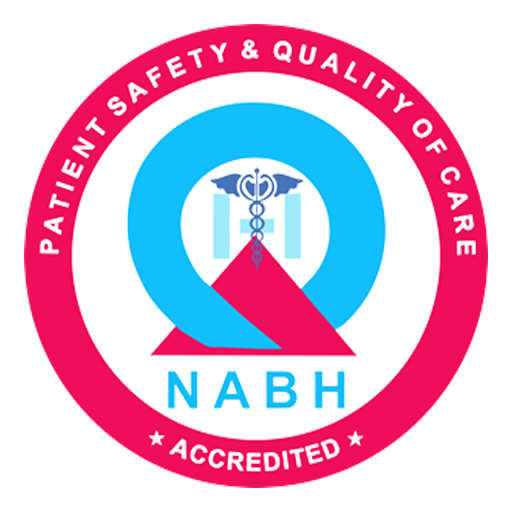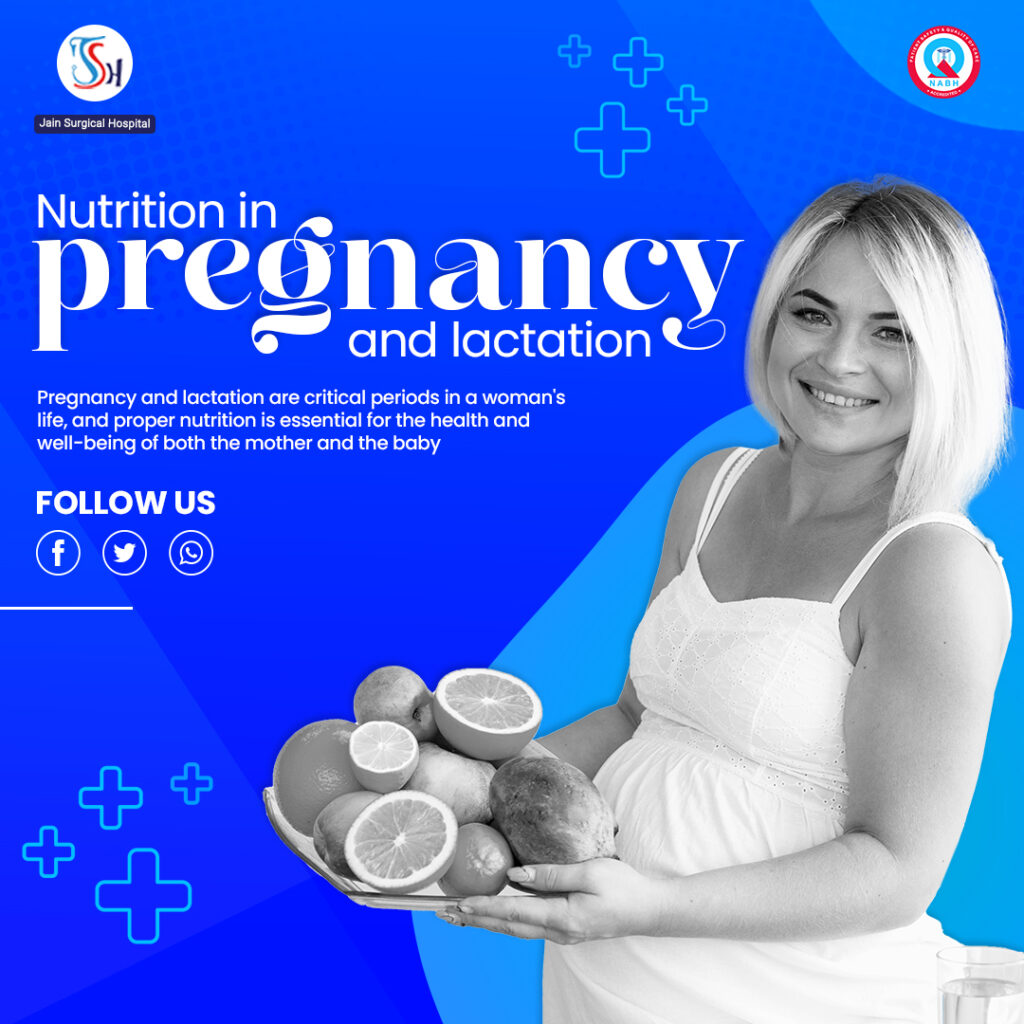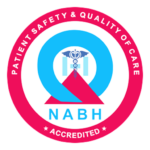Pregnancy and lactation are critical periods in a woman’s life, and proper nutrition is essential for the health and well-being of both the mother and the baby. A balanced diet during these periods can prevent pregnancy-related complications and promote healthy growth and development in the baby.
During pregnancy, a woman’s body requires additional nutrients, including folic acid, iron, calcium, and protein. Folic acid is essential for the healthy growth and development of the baby’s neural tube, which becomes the brain and spinal cord. Iron is necessary for the formation of red blood cells and the prevention of anemia. Calcium is needed for the development of the baby’s bones and teeth. And protein is necessary for the growth and development of the baby’s tissues.
In addition to these essential nutrients, pregnant women should also increase their intake of fruits, vegetables, whole grains, and lean protein sources. They should avoid foods that are high in saturated and trans fats, as well as those that are high in sugar and salt.
During lactation, a woman’s body requires even more nutrients, as she is providing nourishment for her baby. Breastfeeding mothers should continue to eat a balanced diet, including plenty of fruits, vegetables, whole grains, and lean protein sources. They should also drink plenty of water to stay hydrated.
Breastfeeding mothers should also be aware of certain foods and substances that can affect the quality of their breast milk. They should avoid alcohol, caffeine, and nicotine, as these can pass through the breast milk to the baby. They should also be cautious about taking certain medications and supplements, as these can also affect the quality of breast milk.
In summary, proper nutrition is essential during pregnancy and lactation. A balanced diet that includes essential nutrients and plenty of fruits, vegetables, whole grains, and lean protein sources can promote healthy growth and development in the baby, as well as prevent pregnancy-related complications. Breastfeeding mothers should also be aware of certain foods and substances that can affect the quality of their breast milk.





